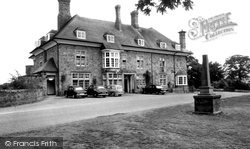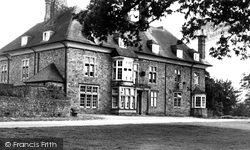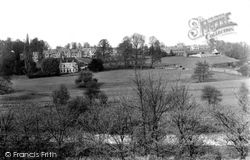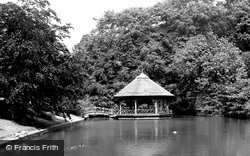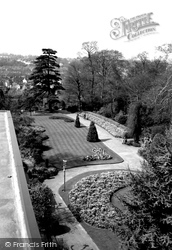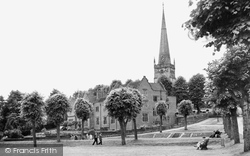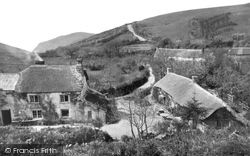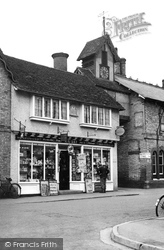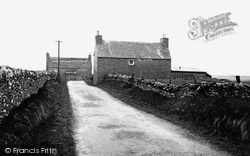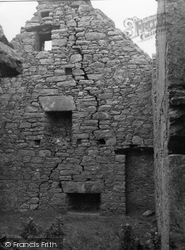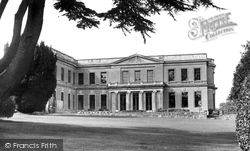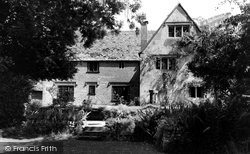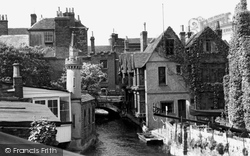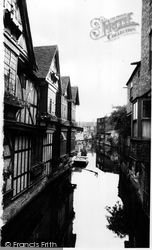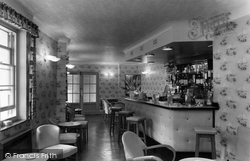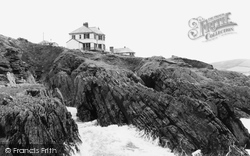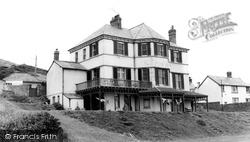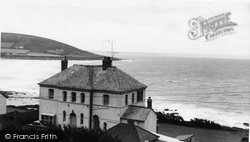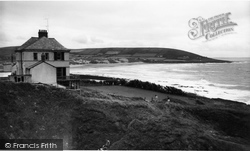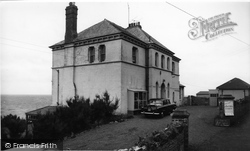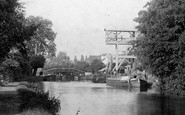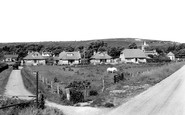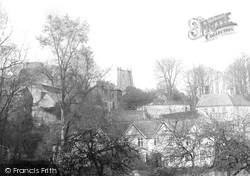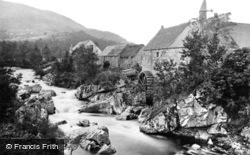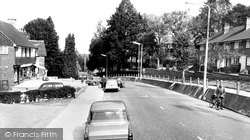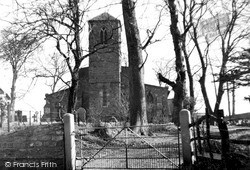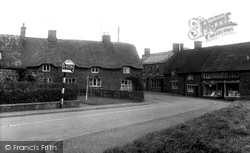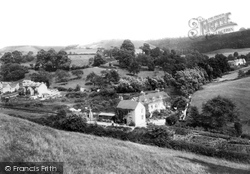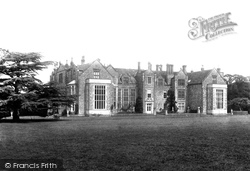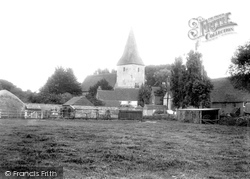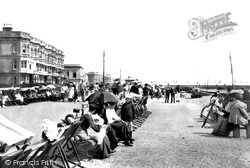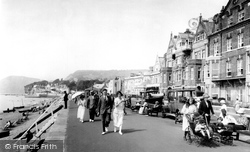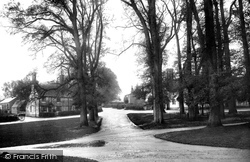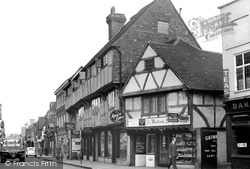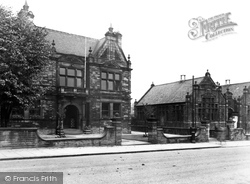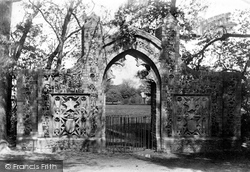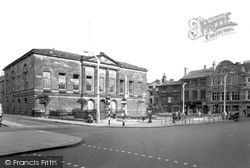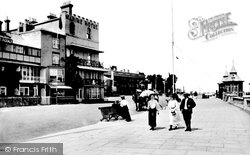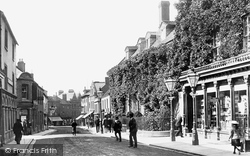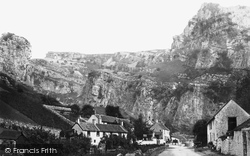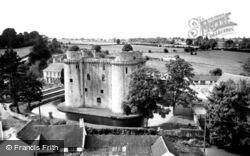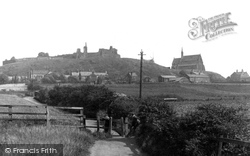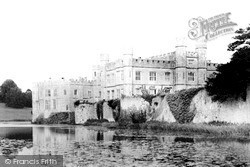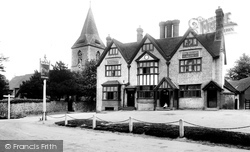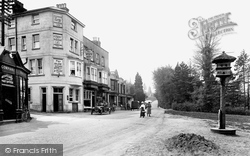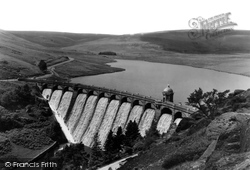Places
36 places found.
Those places high-lighted have photos. All locations may have maps, books and memories.
- Chatsworth House, Derbyshire
- Osborne House, Isle of Wight
- Brambletye House, Sussex
- Ickworth House, Suffolk
- Kingston Lacy House, Dorset
- Boscobel House, Shropshire
- Preshute House, Wiltshire
- Bolton Houses, Lancashire
- Brick Houses, Yorkshire
- Quaking Houses, Durham
- Water Houses, Yorkshire
- Bottom House, Staffordshire
- New House, Kent
- Mite Houses, Cumbria
- Lyneham House, Devon
- Church Houses, Yorkshire
- Dye House, Northumberland
- Spittal Houses, Yorkshire
- Street Houses, Yorkshire
- Tow House, Northumberland
- Halfway House, Shropshire
- Halfway Houses, Kent
- High Houses, Essex
- Flush House, Yorkshire
- White House, Suffolk
- Wood House, Lancashire
- Bank Houses, Lancashire
- Lower House, Cheshire
- Marsh Houses, Lancashire
- Chapel House, Lancashire
- Close House, Durham
- Guard House, Yorkshire
- Hundle Houses, Lincolnshire
- Hundred House, Powys
- Thorley Houses, Hertfordshire
- School House, Dorset
Photos
7,776 photos found. Showing results 4,681 to 4,700.
Maps
370 maps found.
Books
1 books found. Showing results 5,617 to 1.
Memories
10,360 memories found. Showing results 2,341 to 2,350.
Farming From Horses To Electronics
My grandfather G. A. Smith took the tenancy of Springs Farm on Edingley Moor in 1931, when I was six months old. A builder by trade, and a sergeant in the Sherwood Rangers Yeomanry during the First World War, he ...Read more
A memory of Edingley in 1930 by
Memories Of A 'war Kid'
See my memory under "What did you do in the war, Granddad?' This pic shows the point on the Wey navigation featured in my 'Giving up smoking' story. The barn where the heavy horses were housed is still there, opposite the 'oil mills'. It is now a visitor centre.
A memory of Weybridge in 1940 by
Holidays In Lightwater
As a very young child coming from Berkshire, I with a brother have spent many years of enjoyment staying with relatives in Grassmere Road in the house where my mother along with other members grew up, The house seemed ...Read more
A memory of Lightwater by
Netherthong Public Houses Part 1
This chapter is a work in progress and as it is more than the 1000 words allowed in this memory, I have split it into 2 sections. The current title is : Public House, inn, alehouse, tavern, pothouse, beer ...Read more
A memory of Netherthong by
A Bevin Boy
I was called up under the Bevin Scheme in April, 1944, and after a rather indifferent training at Annfield Plain Training Centre, was sent to the Hobson, as I was staying at the time in lodgings in Burnopfield with a Mrs. Crisp, ...Read more
A memory of Burnopfield in 1944 by
Netherthong Public Houses Part 2
This is the second part of my ongoing research into the public houses in Netherthong. There is reference to two inns in Thongsbridge in 1853 - the Rose & Crown publican Hiram Earnshaw, and the Royal Oak ...Read more
A memory of Netherthong by
Barleyfield
We lived on Fishers Lane, Pensby then moved to Barleyfield Road where my little sister was born in the front bedroom of no 1. We walked down to Greenbank Junior School every day, three little kids holding hands through fields of barley ...Read more
A memory of Pensby in 1967 by
My Hastings Memory
I remember my gran taking for walks along Bottle Alley in the summer in the late 1950s and early 1960s. I also remember her taking me on the last trolley bus to run. At the time she lived at 106 Bohemia Road, those houses have ...Read more
A memory of Hastings by
New Road
I remember walking past here every day to school from 1950 to 1956 and then I went to Freshwater secondary modern school and still walked by it to catch the bus until I left the village in 1959. I remember the path on the left had a ...Read more
A memory of Brighstone in 1952 by
Son Of Sgt Bruce Krrc
My father was stationed at Chisledon Camp from 1939 to 1942. Living in Littlehampton on the south coast, threatened with invasion, my mother rented the end thatched cottage of the row of cottages which face the railway line ...Read more
A memory of Chiseldon in 1940 by
Your search returned a large number of results. Please try to refine your search further.
Captions
6,977 captions found. Showing results 5,617 to 5,640.
Built during the reign of Elizabeth I, Dockacre House is the oldest home in Launceston.
It was here, in 1715, that a number of Scottish lords, including the Earl of Mar, met on the pretext of a hunting trip to plan an uprising against the House of Hanover, with the object of returning the
The buildings replaced a large Victorian house. The sloping site was successfully incorporated into the design of the blocks of flats, allowing for garages to be unobtrusively accessible.
There are earthworks to the south- west of the church, the remains of what appears to be a 17th-century formal garden, and eroded house platforms along the south side of the road.
The bank is now a house, but the Co-op survives as the Co-op Village Store.
An account of his childhood years, his book charts the changes in this rural settlement during the 1920s, including the death of the last squire, who lived at the 18th-century house called Steanbridge.
The northern lee along the foot of the South Downs escarpment always seems to have been a favoured location for country houses.
This view of the Anglo-Saxon tower with its 15th-century shingled broach spire is seen past farm buildings, now converted to houses, while the field has become a yacht park.
The 1870s terrace on the left now houses Paiges Bar in the left-hand part, while the 1850s block beyond has been demolished.
He died at the house in 1820, though not before he had taken his baby daughter in his arms to see the sea, boasting to locals 'one day she will be your queen'.
Looking east from the drive to the Manor House and church, the village green in 1897 was all but submerged in tall trees. These have gone and there are much more modest trees in their place.
Numbers 99-103, with their three jettied storeys which tower over the gabled timber- framed house on the right, are now a children's wear shop.
The Town Hall next door is built on the site of a house and garden. Further to the right was a public convenience for gentlemen only, as were many others in the town.
He rebuilt the house, and diverted local roads and created a park with avenues of trees on his glebe land.
It housed the county and assize courts and the meetings of the magistrates, and from 1972 until 1991, the Crown Court. It is now occupied by the Art Gallery and the Library.
A yachting agency advertises itself on the left-hand side of the house by the Royal Marine Hotel.
Princes Street fares somewhat better, although the creeper-clad Georgian house beyond the shop on the right was rebuilt in 1950s Neo-Georgian.
The house on the bend is now Derrick's Tea Rooms and Restaurant, but the cottages on the right went for road widening.
Beyond, in its lee, is the good early 18th-century Manor Farm House.
Built on a rocky outcrop overlooking the Mersey, Halton passed by marriage in 1311 to the House of Lancaster, and was later a favourite hunting lodge of John of Gaunt.
Built on the site of a 9th-century royal manor house, Leeds Castle became a royal fortress on the accession of Edward I.
This rough-cast, three-storied and three-gabled public house was built in 1615 beside the 12th-century flint church of St John the Evangelist, and its ales quenched the thirst of race-goers who flocked
Stolid Victorian shops and houses stood here alongside the main A25 road linking Guildford and Dorking.
Three manor houses, eighteen farms, a school and a church were demolished.
Places (80)
Photos (7776)
Memories (10360)
Books (1)
Maps (370)


